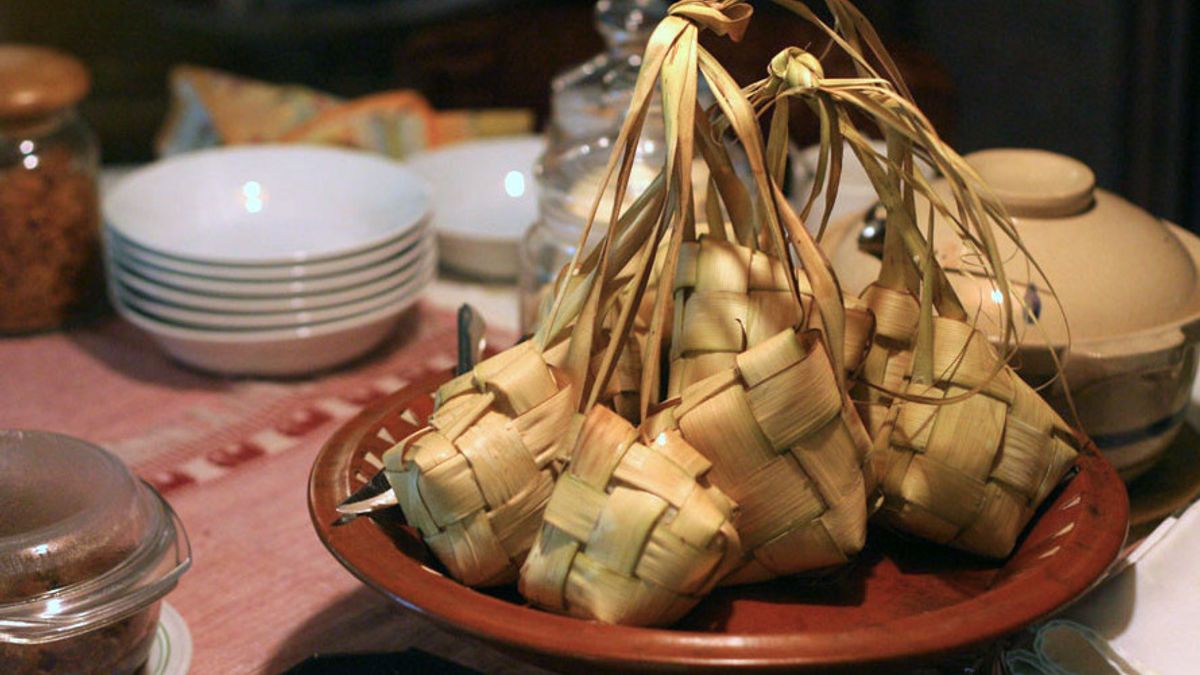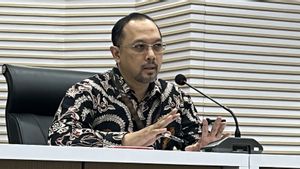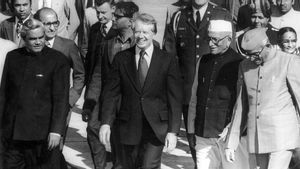Eid Al-Fitr 1443 Hijri this year is quite special. People can stay in touch face-to-face with their families in their hometowns. The government has allowed going home after two years of being banned due to the COVID-19 pandemic.
No wonder there are 85 million people who celebrate Eid in their hometown with their relatives.
Homecoming celebrating Eid with family at home has a tremendous impact. Finance Minister Sri Mulyani hopes to revive the battered economy due to the COVID-19 pandemic. Minister of Tourism and Creative Economy Sandiaga Uno estimates that there is 72 trillion money that can be obtained by tourism and creative economy actors.
However, going home is more than just a tradition. It's not just reviving the economy, it's more than that. There is a religious or psychological side to it. Those who are willing to get stuck on the road or buy tickets at exorbitant prices are willing to go home to celebrate Eid al-Fitr at home, of course, they have good reasons.
Back to hometown, homeland, as if filling the soul. A whole year wandering to earn a living in another city, of course, want to take a break for a while. The chosen rest is home. Not a house in the city but in the hometown. Childhood house. Where we grow up.
Share stories and experiences. Sungkem and childhood nostalgia is something extraordinary. Seeps into the recesses of the heart. Especially if you are married. Have children and a wife. Homecoming can also be a place to introduce families to their area of origin and traditions. At the same time, traditional foods are rarely eaten when wandering.
Maybe in general Eid dishes are identical to ketupat. And everywhere, the Eid dish is relatively the same, namely ketupat, chicken opor. But, enjoy it so special. It feels different when eaten in the village. Being delicious is extraordinary if the one who cooks is the mother.
Eid Al-Fitr
Eid al-Fitr or often also called Lebaran is a Muslim holiday which falls on the 1st of Shawwal on the Hijri calendar. Because the determination of 1 Shawwal is based on the circulation of the month, Eid falls on a different date each year when viewed from the Christian calendar. The method of determining 1 Shawwal also varies, so there may be some Muslims who celebrate Eid on different Christian dates.
Differences in the determination of the beginning of the Hijri calendar month in Indonesia are not new because they often occur. It happened because of differences in the use of methods in determining the beginning of the month. The method used is imkanur rukyat (observation of the new moon) and reckoning of the new moon (astronomical calculations).
This year, although there is a different time for fasting, the determination of 1 Shawwal is relatively the same. Falls on May 2, 2022.
Although different, but not a problem for Muslims in the country. Because it has often happened, different methods of calculating the beginning of the month are common. Nor does it eliminate the meaning of fasting or Eid. All respect each other.
But what is certain is that anyone who celebrates Eid must remember. Also travelers who celebrate Eid in their hometown. COVID-19 is indeed sloping but that doesn't mean it's gone. Health protocols must still be adhered to. Can't be careless. Don't wait until after Eid, COVID-19 will rise again. The hope that COVID-19 from the pandemic becomes endemic is just a dream. Happy Eid Al-Fitr 1443 Hijri. Forgive me body and soul. (*)
The English, Chinese, Japanese, Arabic, and French versions are automatically generated by the AI. So there may still be inaccuracies in translating, please always see Indonesian as our main language. (system supported by DigitalSiber.id)













